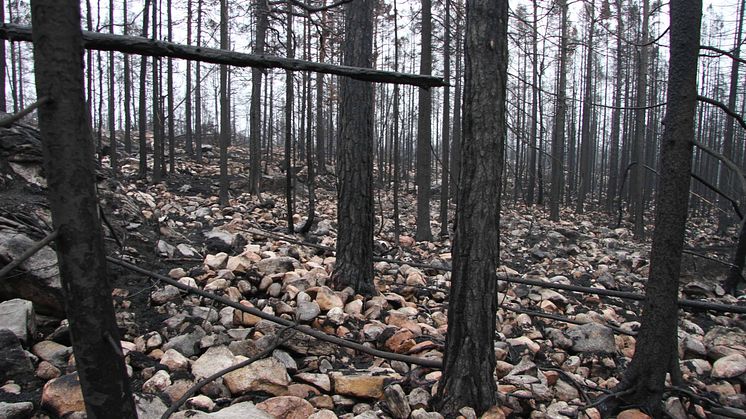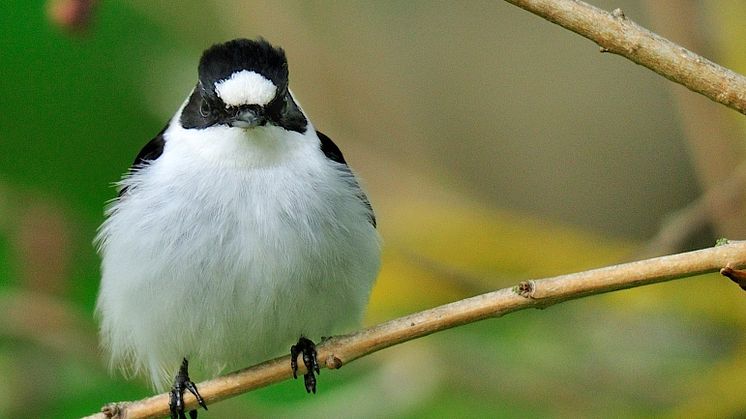Sverker Jagers new Zennström Professor of Climate Change Leadership
Sverker C Jagers, Professor of Political Science and Director of the Centre for Collective Action Research at the University of Gothenburg, will hold Uppsala University's fifth Zennström Visiting Professorship in Climate Change Leadership. The ten-year visiting professorship, through which a new professor is invited every year or every other year, is funded by an earlier donation to Uppsala Univ





